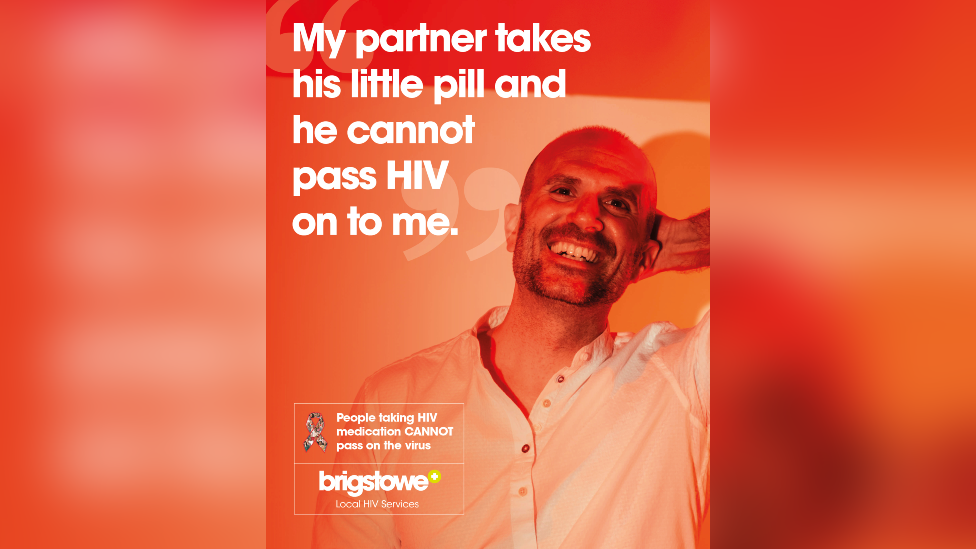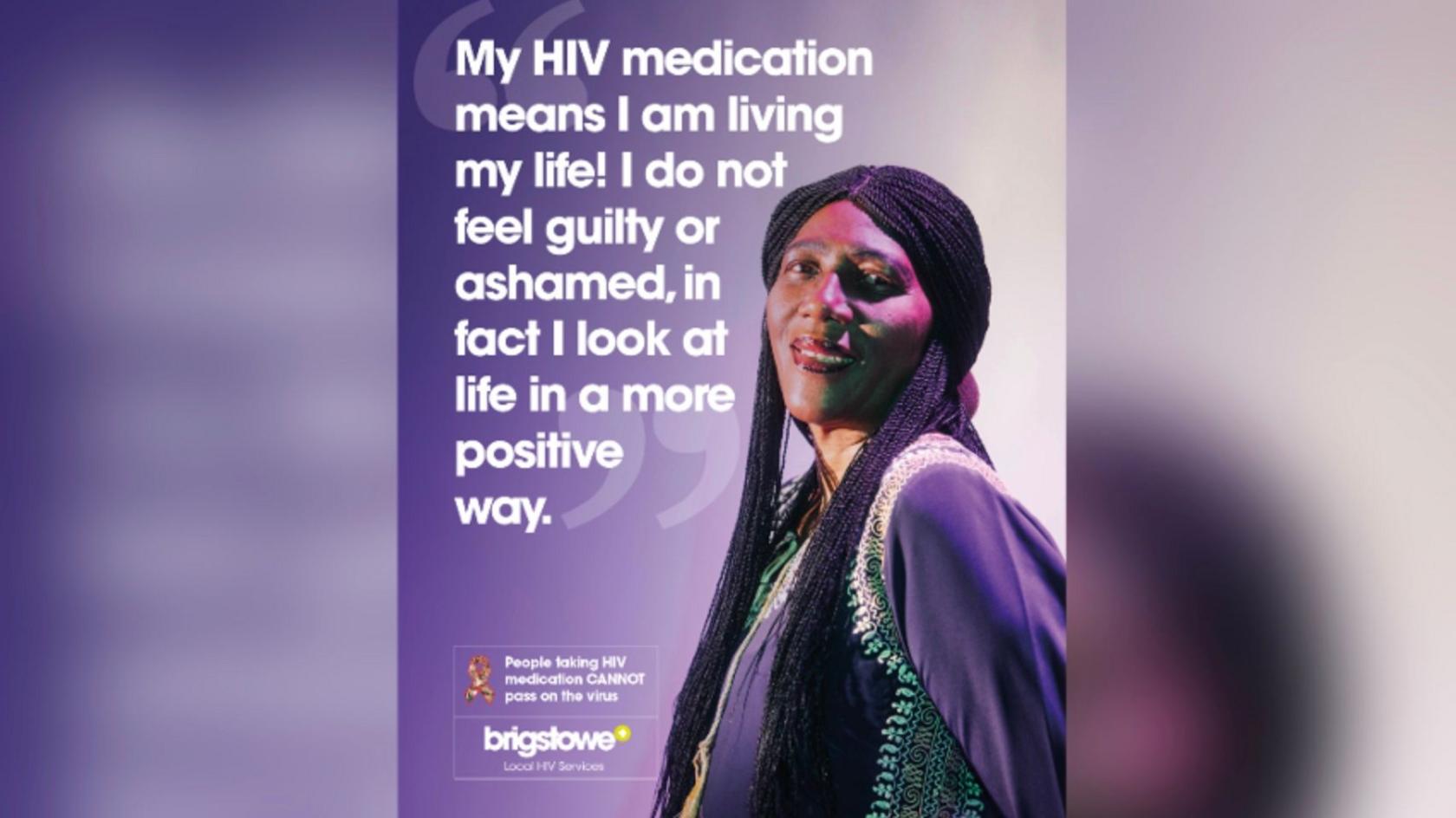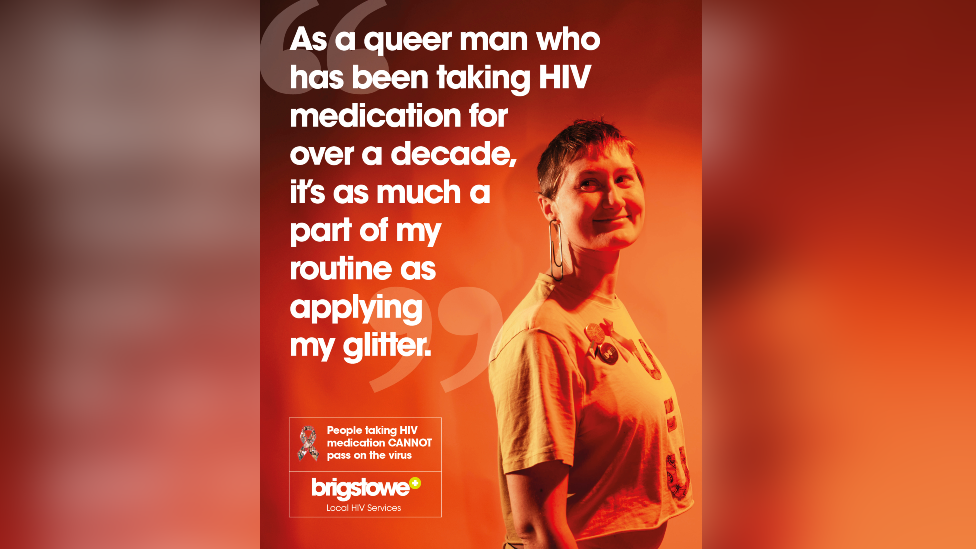Billboards to end HIV-related stigma go on display
- Image source, Finn Crawley & Benji Graphics
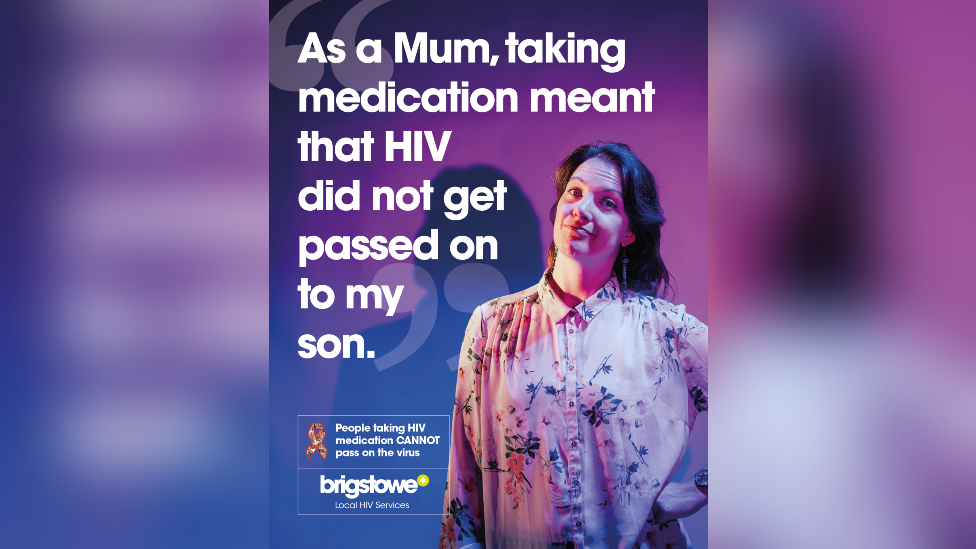
Image caption, Billboards are displayed around Bristol, North Somerset and South Gloucestershire
1 of 4
- Published
A campaign has been launched to raise awareness of the stigma associated with HIV.
Six people have shared their experiences, which are displayed on digital billboards at bus stops in Bristol, North Somerset and South Gloucestershire, ahead of World Aids Day on 1 December.
Brigstowe, a Bristol-based charity which supports people living with HIV, started the campaign to encourage testing and to highlight the fact that those with the condition can still lead healthy and normal lives.
"Seeing the billboards, with a positive message that slaps stigma into oblivion, makes my heart soar and beat with hope," one anonymous person living with HIV said.
The billboards include the message "Undetectable=Untransmittable", to remind the public that people who are receiving medication for HIV cannot pass the virus on to others.
Although advancements have been made in medical care, knowledge and perception of the condition remain "outdated", according to Brigstowe.
A survey of people living with HIV by the Terrence Higgins Trust found many experienced stigma or discrimination due to the condition.
The charity also said people living with the condition were twice as likely to suffer from depression.
Aled Osborne, Brigstowe's community engagement manager, said: "People living with HIV on treatment cannot pass on the virus.
"Not only is this important for public health in terms of significantly reducing onward transmission, but it means so much for the community of people living with HIV and has changed their lives."
He said that it was "disappointing and worrying" that the charity still received many reports of HIV-related stigma.
"It’s more important than ever to ensure all people living with HIV can not only live but thrive in all areas of society," Mr Osborne added.
The billboards will be on display until 1 December.
Get in touch
Tell us which stories we should cover in Bristol
Follow BBC Bristol on Facebook, external, X, external and Instagram, external. Send your story ideas to us on email or via WhatsApp on 0800 313 4630.
Related topics
- Published15 May 2024
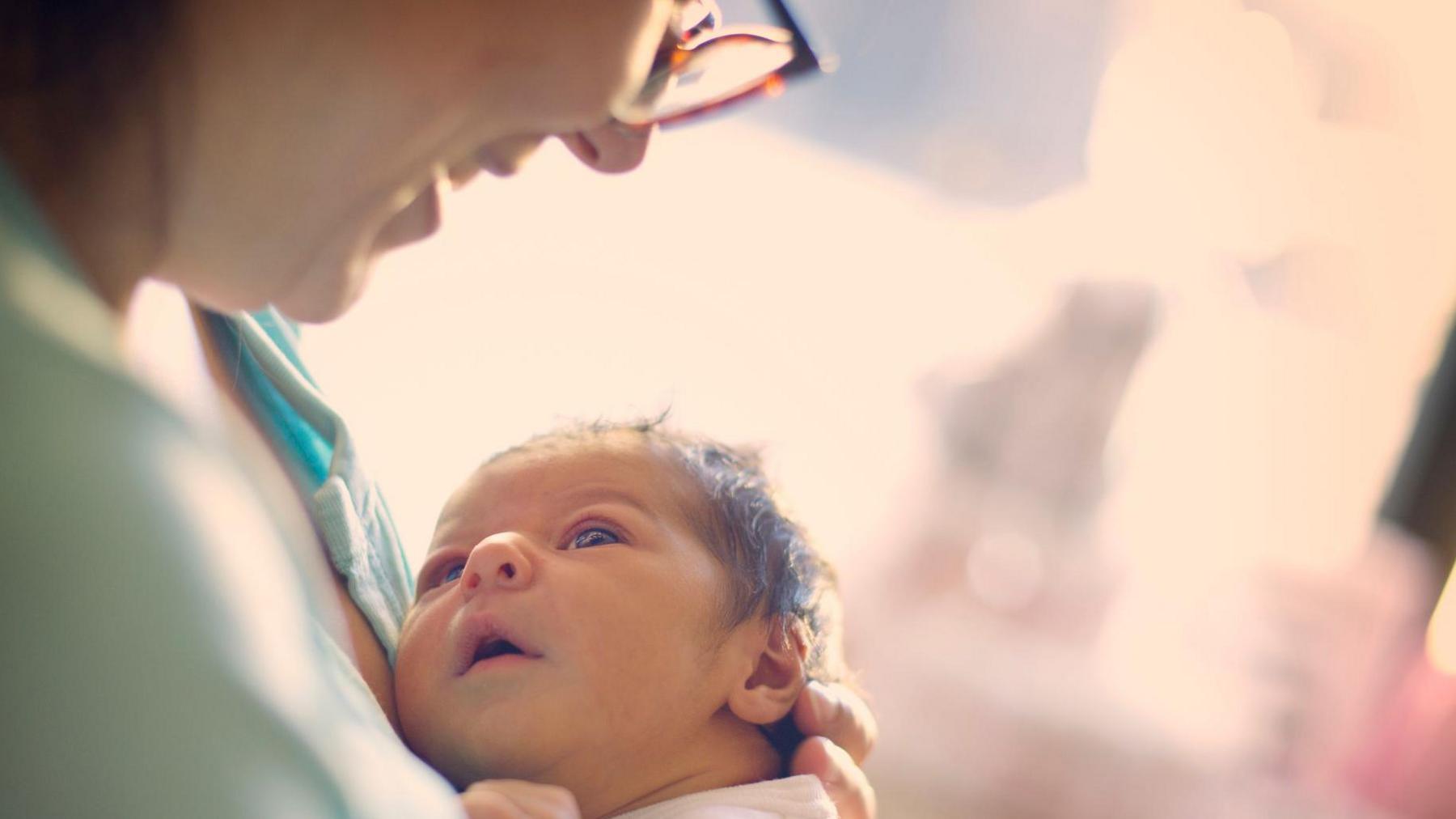
- Published19 May 2024
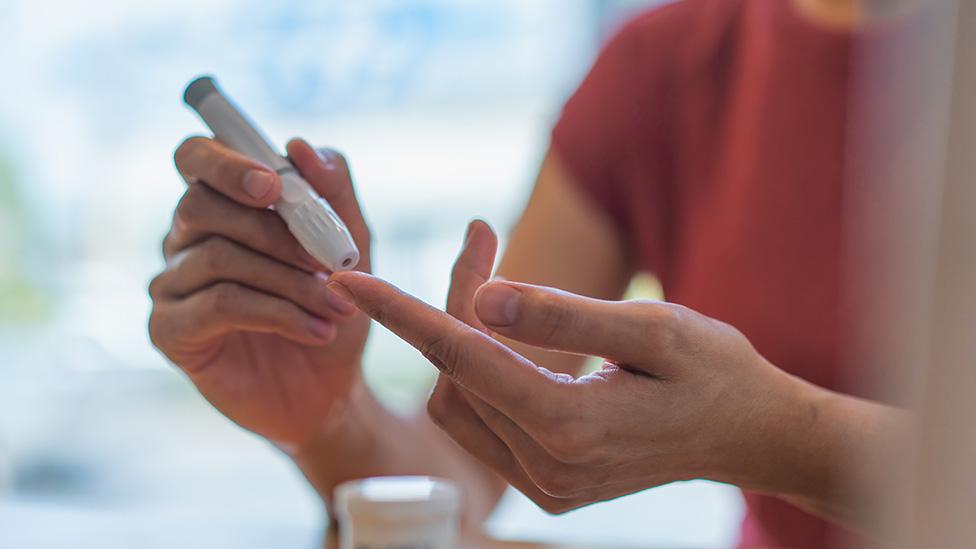
- Published20 March 2024

